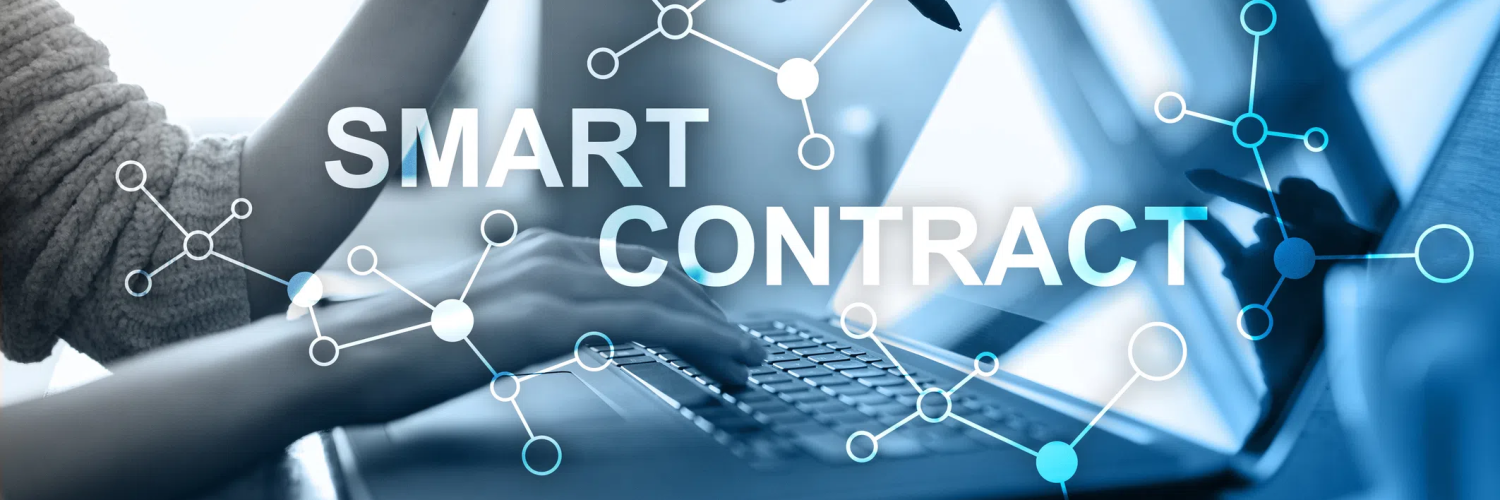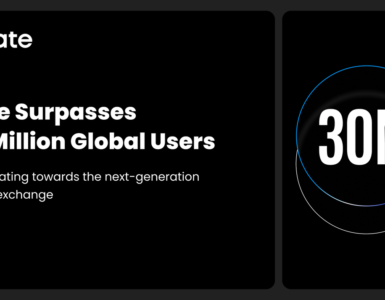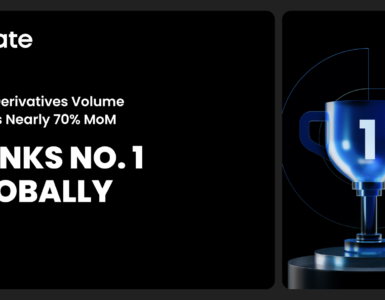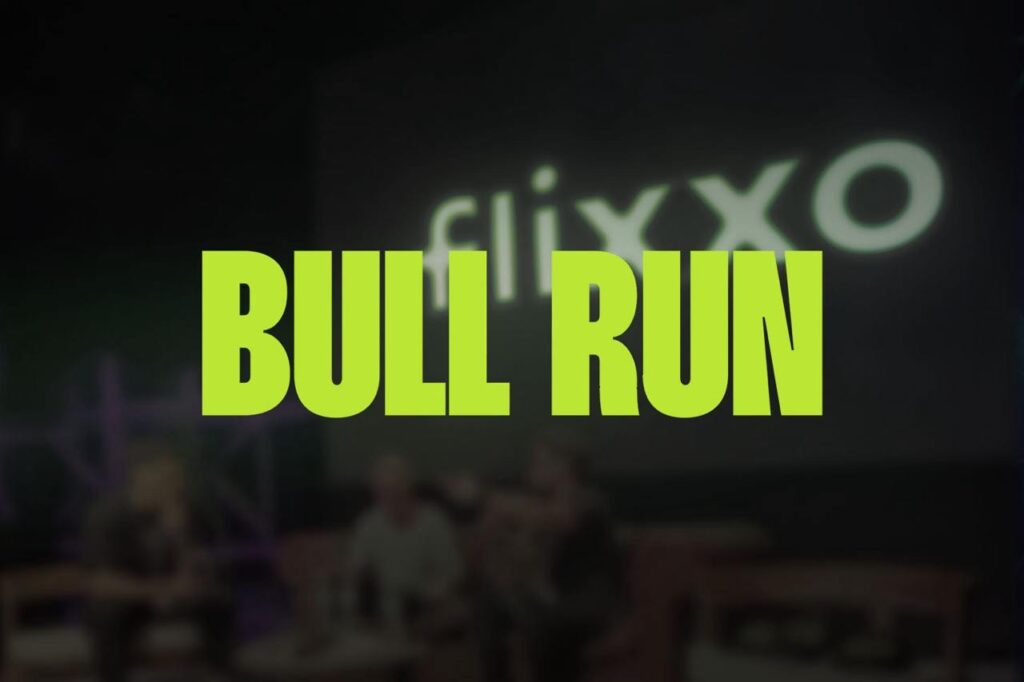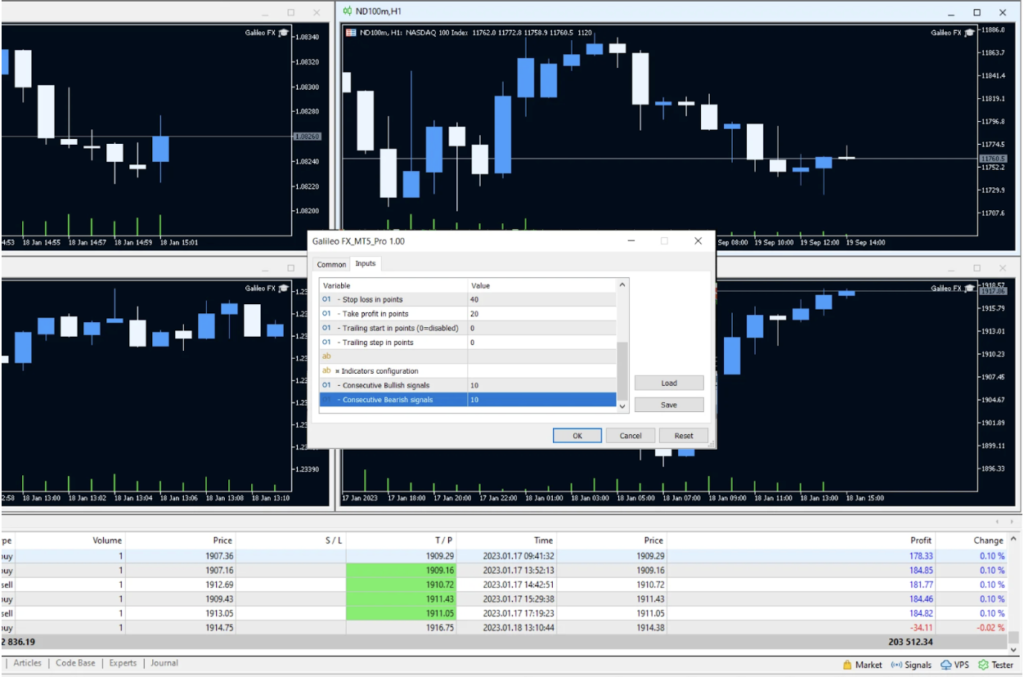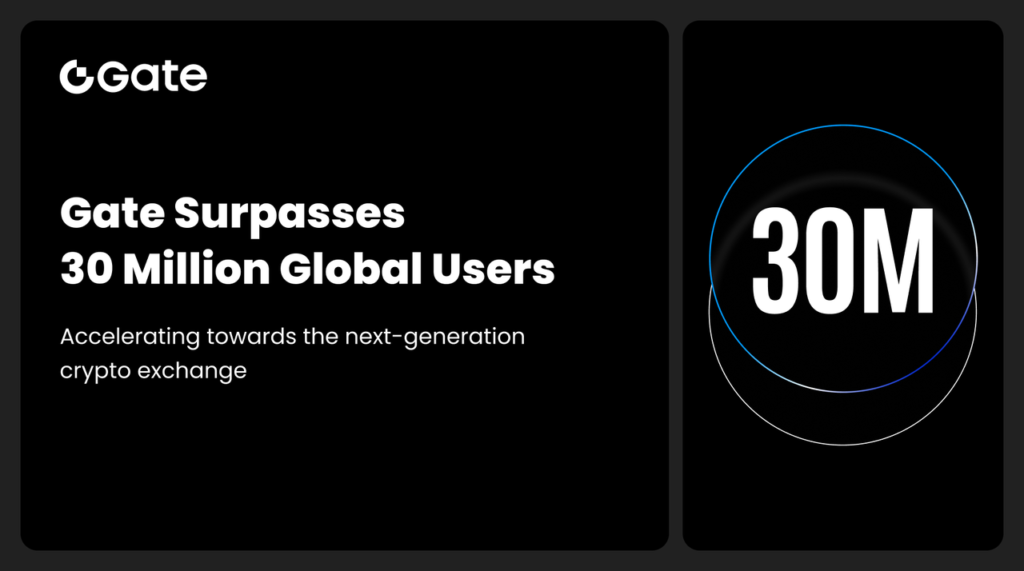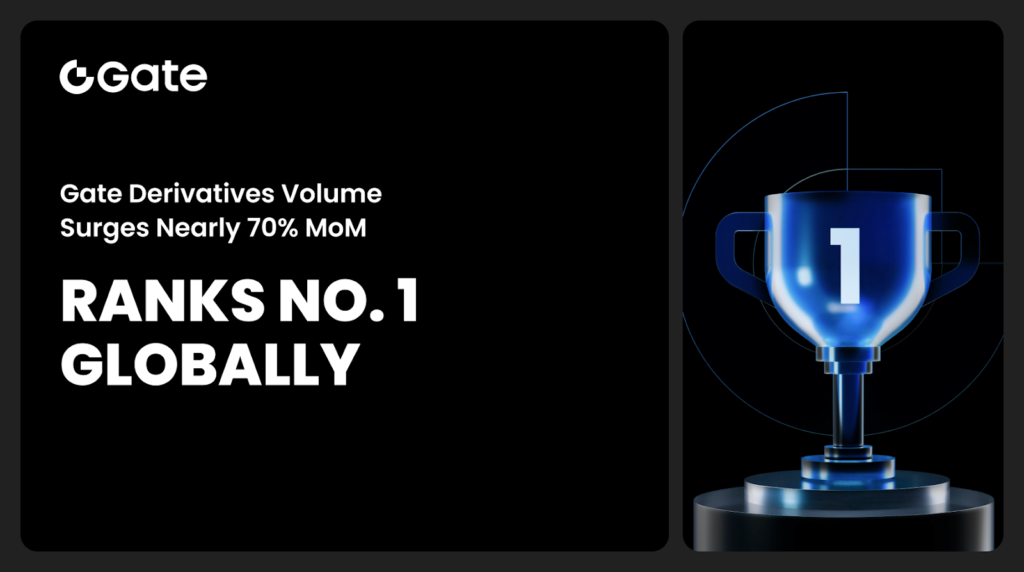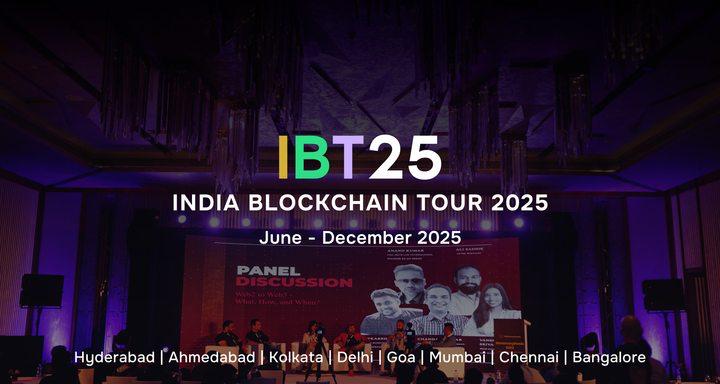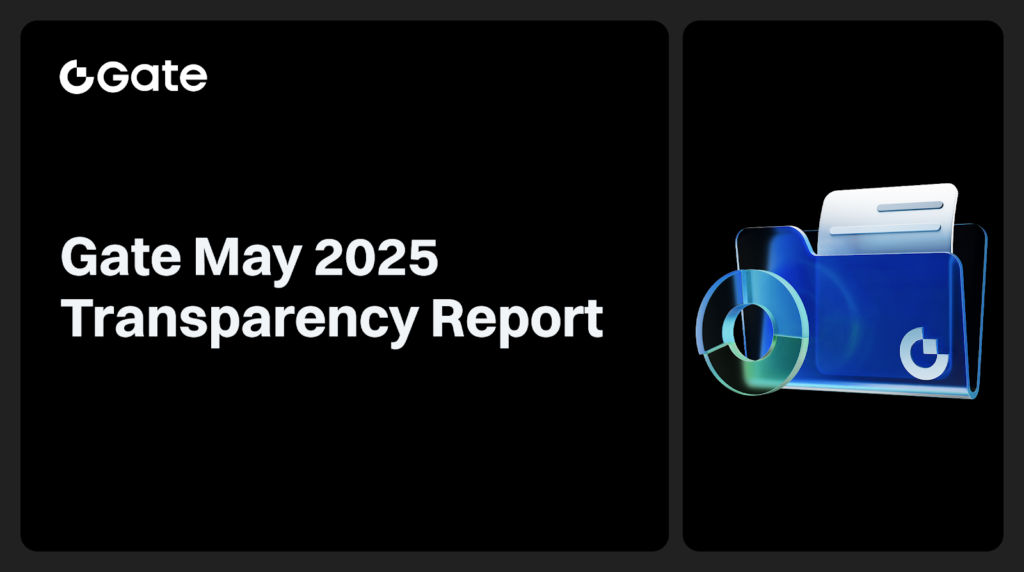Introduction
Smart contracts, powered by blockchain technology, are revolutionizing various industries, and their potential is further amplified when combined with the Internet of Things (IoT). In this article, we will provide an in-depth analysis of smart contracts in the era of IoT, exploring their benefits, use cases, challenges, and the transformative impact they have on industries worldwide.
Understanding Smart Contracts
What are Smart Contracts?
Smart contracts are self-executing agreements that contain predefined rules and conditions. They are stored and executed on a blockchain network, ensuring transparency, immutability, and automatic enforcement of contractual terms. Smart contracts eliminate the need for intermediaries, reduce costs, and enhance trust between parties.
How do Smart Contracts Work?
Smart contracts operate on the principle of “if-then” logic. They automatically execute actions based on predefined conditions. Once the conditions are met, the contract’s terms are enforced, and the associated transactions are recorded on the blockchain. This decentralized and automated nature ensures secure, efficient, and tamper-proof execution of agreements.
The Intersection of Smart Contracts and IoT
Benefits of Smart Contracts in IoT
- Automation and Efficiency: Smart contracts automate processes in IoT ecosystems, eliminating the need for manual intervention. This improves operational efficiency, reduces errors, and accelerates transaction processing, leading to enhanced productivity and cost savings.
- Enhanced Trust and Security: Smart contracts built on blockchain provide an immutable and transparent ledger, ensuring the integrity and security of IoT transactions. Trust among participants is strengthened as contract terms are automatically enforced, reducing the risk of fraud, tampering, or unauthorized modifications.
- Cost Reduction: By eliminating intermediaries, smart contracts significantly reduce transaction costs associated with traditional contractual agreements. This is particularly beneficial in IoT ecosystems, where a large number of devices interact and transact with each other in a seamless and automated manner.
Use Cases of Smart Contracts in IoT
- Supply Chain Management: Smart contracts can streamline supply chain processes by automating tasks such as inventory management, order fulfillment, and payment settlements. This enhances transparency, traceability, and efficiency throughout the supply chain, ensuring timely and accurate transactions among multiple stakeholders.
- Energy Management: Smart contracts enable efficient energy management in IoT-enabled smart grids. They can automate energy trading, facilitate peer-to-peer energy transactions, and enforce dynamic pricing based on real-time supply and demand. This optimizes energy utilization, promotes renewable energy integration, and empowers consumers to actively participate in energy markets.
- Insurance and Claims Processing: Smart contracts simplify insurance processes by automating policy management, claim verification, and payment settlements. In the IoT context, data from connected devices can be utilized to trigger smart contracts, streamlining claims processing and enabling faster resolution.
Challenges and Considerations
Scalability and Performance
As the number of IoT devices and transactions increases, scalability and performance become critical challenges for smart contracts. Blockchain networks need to scale to accommodate the growing volume of transactions while maintaining efficiency and low transaction costs.
Data Privacy and Security
With the proliferation of IoT devices collecting vast amounts of data, ensuring data privacy and security becomes paramount. Smart contracts must incorporate robust security measures to protect sensitive IoT data, prevent unauthorized access, and comply with data protection regulations.
Smart Contracts and Data Integrity in IoT

- Immutable Data Storage: Smart contracts can ensure the integrity of IoT data by storing it in an immutable and tamper-proof manner on the blockchain. This prevents unauthorized modifications or tampering with the data, ensuring the accuracy and reliability of IoT-generated information.
- Auditable Data Trail: Smart contracts provide an auditable data trail, allowing for transparent tracking of data changes and interactions within an IoT ecosystem. This auditability enhances data governance, accountability, and regulatory compliance, particularly in industries with strict data integrity requirements.
- Verification and Validation: Smart contracts can facilitate the verification and validation of IoT data by automating data verification processes. Through predefined rules and conditions, smart contracts can automatically validate the authenticity, quality, and compliance of IoT data, ensuring its reliability and trustworthiness.
Decentralized Governance with Smart Contracts and IoT
- Transparent Decision-Making: Smart contracts and IoT can enable decentralized decision-making processes within organizations and communities. By automating governance rules and procedures, smart contracts ensure transparency, fairness, and inclusivity in decision-making, reducing the need for centralized authorities and fostering greater participation from stakeholders.
- Immutable Voting Systems: Smart contracts can facilitate secure and immutable voting systems in IoT-enabled environments. By leveraging blockchain’s transparency and immutability, smart contracts can ensure the integrity and accuracy of voting records, preventing fraud or manipulation of voting results.
- Automatic Compliance and Auditing: Smart contracts enable automatic compliance monitoring and auditing in IoT ecosystems. By embedding compliance rules and regulations into smart contracts, organizations can automate compliance checks, ensuring adherence to industry standards, regulations, and contractual obligations.
Smart Contracts and IoT Interoperability
- Standardization of Smart Contract Protocols: Interoperability among different IoT devices and platforms requires the standardization of smart contract protocols. Establishing common protocols enables seamless interaction and data exchange between IoT devices, regardless of their underlying technologies or manufacturers.
- Cross-Platform Data Exchange: Smart contracts can facilitate cross-platform data exchange in IoT ecosystems. Through the use of predefined protocols and interoperable smart contracts, IoT devices can securely and seamlessly share data with other devices or platforms, enabling enhanced collaboration and data-driven decision-making.
- Automated Interactions Between IoT Devices: Smart contracts enable automated interactions between IoT devices without the need for human intervention. For example, in a smart home environment, smart contracts can facilitate seamless communication and coordination among various IoT devices, such as lights, thermostats, and security systems, creating a truly interconnected and intelligent ecosystem.
Smart Contracts and IoT for Supply Chain Traceability
- Enhanced Product Traceability: Smart contracts can revolutionize supply chain traceability by automating the tracking and verification of product movement at each stage. By leveraging IoT sensors and data, smart contracts can provide real-time visibility into the origin, journey, and conditions of products, ensuring transparency and accountability.
- Efficient Recall Management: In the event of product recalls, smart contracts can streamline the recall management process by automating notifications, verification of affected products, and coordination among stakeholders. This improves the speed and accuracy of recalls, reducing potential risks and protecting consumers.
- Sustainable and Ethical Sourcing: Smart contracts enable transparent and verifiable sourcing practices in supply chains. By automating compliance with sustainability and ethical standards, smart contracts can ensure that products are sourced from trusted suppliers, promoting responsible and ethical business practices.
Smart Contracts and IoT for Energy Trading
- Peer-to-Peer Energy Trading: Smart contracts can enable peer-to-peer energy trading in decentralized energy systems. Through IoT-connected devices, such as smart meters and solar panels, smart contracts facilitate secure and automated energy transactions between energy producers and consumers, eliminating intermediaries and reducing costs.
- Dynamic Pricing and Demand Response: Smart contracts combined with IoT data can enable dynamic pricing and demand response mechanisms in energy markets. Smart contracts can automatically adjust energy prices based on real-time supply and demand conditions, encouraging efficient energy consumption and optimizing grid stability.
- Energy Grid Optimization: Smart contracts and IoT can optimize energy grid operations by enabling automated coordination between various grid components. Through real-time data exchange and smart contract-driven actions, energy grids can respond to fluctuations in energy supply and demand, ensuring efficient utilization and grid stability.
Smart Contracts and IoT for Healthcare
- Secure and Immutable Health Records: Smart contracts combined with IoT can enhance the security and integrity of electronic health records. By securely storing health data on the blockchain and utilizing smart contracts for access control, data privacy, and auditability, patient records can be securely managed and shared among authorized healthcare providers.
- Automated Healthcare Processes: Smart contracts can automate healthcare processes, such as insurance claims processing, appointment scheduling, and prescription management. By eliminating manual intervention and intermediaries, smart contracts streamline healthcare operations, reduce administrative overhead, and enhance patient care.
- IoT-enabled Remote Patient Monitoring: Smart contracts combined with IoT sensors enable remote patient monitoring, where real-time health data can be securely transmitted, recorded, and analyzed. Smart contracts can trigger alerts, automate healthcare interventions, and facilitate seamless communication between patients and healthcare providers.
Smart Contracts and IoT for Smart Cities
- Efficient Resource Management: Smart contracts combined with IoT can optimize resource management in smart cities. By integrating data from IoT devices, such as smart meters and sensors, smart contracts can automate energy distribution, waste management, and water conservation, leading to more sustainable and efficient use of resources.
- Intelligent Transportation Systems: Smart contracts enable intelligent transportation systems in smart cities. By utilizing IoT devices, such as connected vehicles and traffic sensors, smart contracts can automate toll collection, parking payments, and traffic management, reducing congestion and improving overall transportation efficiency.
- Citizen Engagement and Governance: Smart contracts and IoT empower citizens to participate in decision-making processes and contribute to smart city governance. Through decentralized voting systems and transparent governance frameworks enabled by smart contracts, citizens can actively engage in shaping the future of their cities.
Smart Contracts and IoT for Agriculture
- Precision Farming: Smart contracts combined with IoT sensors enable precision farming practices. By monitoring soil moisture, temperature, and crop health, smart contracts can automate irrigation, fertilizer application, and pest control, optimizing crop yield and minimizing resource waste.
- Supply Chain Transparency: Smart contracts enhance supply chain transparency in agriculture by recording and verifying the movement of agricultural products. From seed to store, smart contracts enable traceability, ensuring food safety, quality, and ethical sourcing practices.
- Automated Livestock Management: IoT-enabled devices, such as wearable sensors and smart feeders, can be integrated with smart contracts to automate livestock management. Smart contracts can monitor animal health, automate feeding schedules, and ensure optimal conditions for livestock, improving animal welfare and productivity.
Smart Contracts and IoT for Financial Services
- Secure Transactions: Smart contracts enhance the security and efficiency of financial transactions. By automating payment settlements, escrow services, and financial agreements, smart contracts eliminate the need for intermediaries and reduce the risk of fraud or disputes.
- Decentralized Finance (DeFi): Smart contracts are at the core of decentralized finance. By combining blockchain and IoT, smart contracts enable decentralized lending, borrowing, and asset management, providing individuals with greater financial autonomy and inclusivity.
- Identity Verification and KYC: Smart contracts can streamline identity verification and Know Your Customer (KYC) processes in the financial sector. By securely storing identity data on the blockchain and utilizing smart contracts for verification, customer onboarding and compliance can be automated, improving efficiency and data security.
Conclusion
Smart contracts are transforming industries by providing secure, transparent, and efficient agreements. In the era of IoT, their integration offers immense benefits, including automation, enhanced trust, and cost reduction. From supply chain management to energy grids and insurance, smart contracts are revolutionizing various sectors, paving the way for a more connected, efficient, and secure future.

